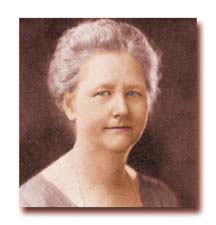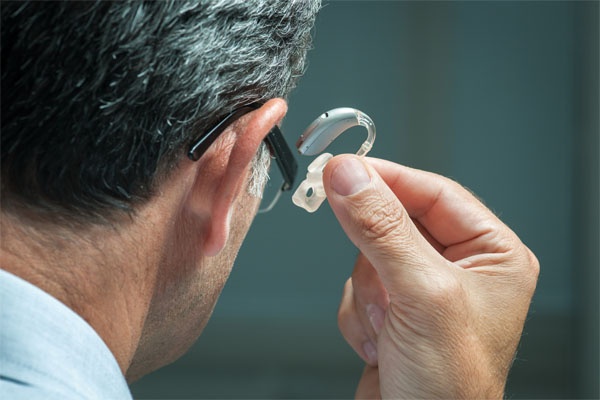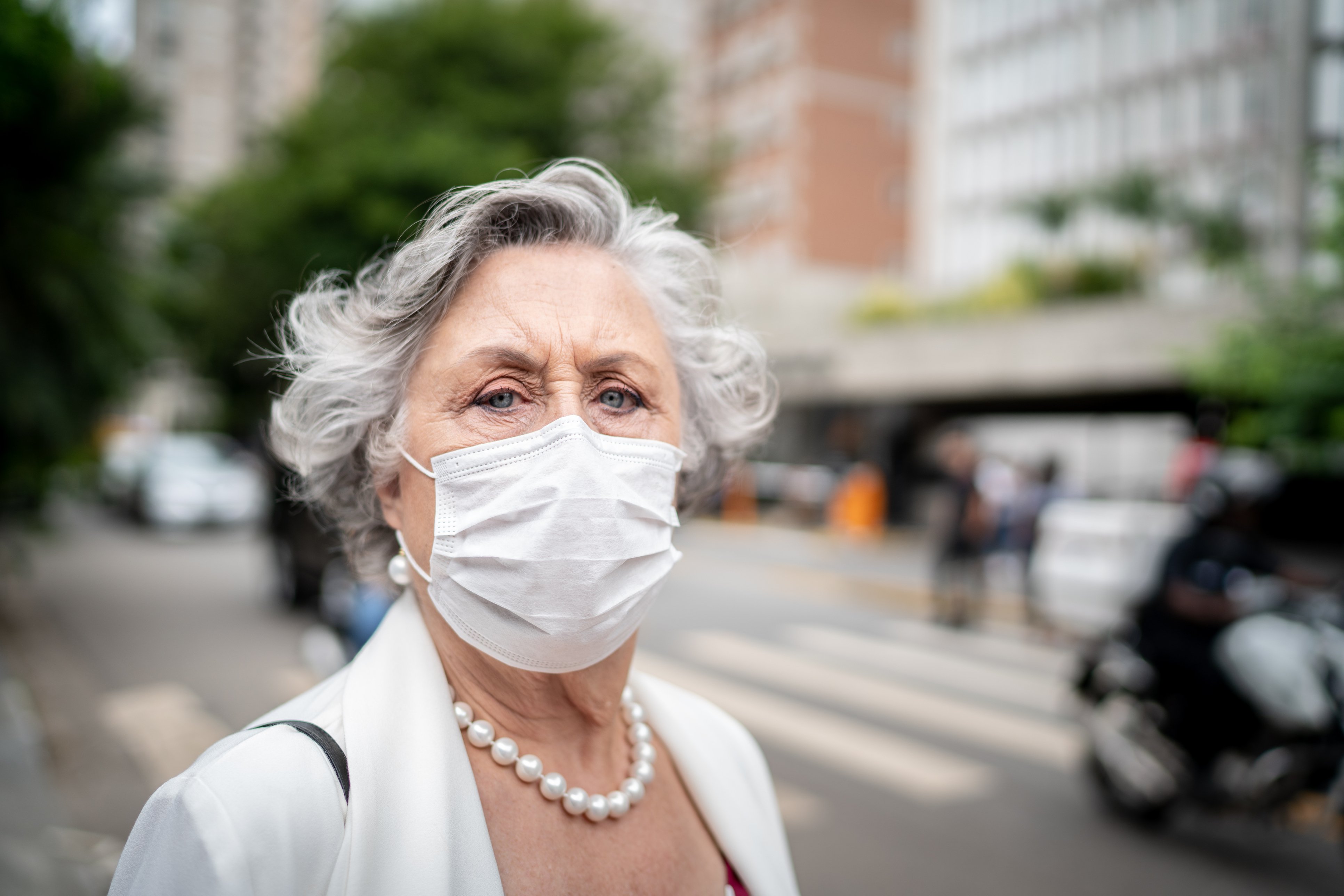Kick start your child’s pre-literacy and language skills by focusing on these areas while reading books with them. Children who develop these skills at an early age are more likely to become fluent readers and better spellers than children who do not. We define these skills as phonological awareness, which is the ability to recognize, manipulate, and use the sound structure of spoken language.
Build Better Reading Skills in Your Preschooler
Tags: Speech, Language, Communication, reading, literacy, Learning, toddler, Early Intervention
Speech-Language Concerns? Don't Wait - Evaluate!
“They’re still young - let’s just wait and see.” Coming from a pediatrician, this phrase holds a lot of power over parents worried about their child’s speech and language skills. The parents may have expressed a concern that their two-year-old hasn't started talking yet, is only saying a few words, or is very hard to understand. When the pediatrician brushes it off as not a big deal, the natural response from parents is to trust someone they consider an expert.
Tags: Speech, Language, Communication, toddler, talking, Early Intervention
Ear Wax – Cleaning, Removal, and Hearing Loss
Earwax or cerumen (from the Latin word "cera” meaning wax) is a normal, natural, necessary substance produced by the human ear. It is a sticky golden-colored substance produced by the outer cartilaginous third of the ear canal and it contains naturally occurring proteins that inhibit fungal and bacterial growth and keeps the sensitive skin of the ear canal lubricated and healthy. Earwax also helps trap dust and dirt and other foreign objects from entering the ear.
Tags: Hearing Aid, Audiology, Hearing Aids, Communication, Hearing, Hearing Loss Prevention, Hard of Hearing, Hearing Loss, "tinnitus", "ears", earplugs, Ear Pain, Ear Anatomy, Ear Wax
5 Tips for Better Hearing When Watching TV
Many people with hearing loss struggle to hear and understand the dialogue on television shows. A common comment from loved ones is that the television volume is louder than they prefer. Sadly, this sometimes leads to people isolating to different rooms to watch what they want at a volume that is comfortable.
Tags: Hearing Aid, Audiology, Hearing Aids, Communication, Hearing, Hearing Loss Prevention, Hard of Hearing, Hearing Loss
Baby Sign Language Improves Communication
Infant sign language really does deliver on its promise of improved communication. This is particularly appealing for new parents, given that there’s a well-recognized gap between what babies and toddlers want to say and what they are able to say. Sign language can help ease frustration between ages 8 months and 2 years — when children begin to know what they want, need, and feel but don't always have the oral motor verbal skills to express themselves. Basic sign language can help babies better express themselves as early as 8 or 9 months and it can mean decreased frustration (for both caregiver and child), promote earlier language skills and enhanced bonding with those who sign.
Tags: Speech, Language, Communication, American Sign Language, ASL, Learning, toddler, talking, Early Intervention, Communication Access, Baby Sign Language
Inspiration: A Century of Service at Cleveland Hearing & Speech Center
2021: A Century of Serving Northeast Ohio!
I couldn’t be prouder to lead an organization with a legacy and mission that have stood the test of time. Looking back, there is so much about our story that inspires me. This will be the first in a series of reflections to bring you along on the century-long journey of Cleveland Hearing and Speech Center (CHSC). As you read along, I hope you will share in my sense of awe and wonder as we embark on our second century of serving Northeast Ohio.
Tags: Hearing Aid, Audiology, Language, Hearing Aids, Communication, Hearing, Hearing Loss Prevention, Deaf, Hard of Hearing, Hearing Loss, Cochlear Implants, Deafness, Early Intervention, Communication Access
What is Dyslexia and How is It Treated?
Dyslexia is a specific learning disability that is neurological in origin. It is characterized by difficulties with accurate and/or fluent word recognition and by poor spelling and decoding abilities. These difficulties typically result from a deficit in the phonological component of language that is often unexpected in relation to other cognitive abilities and the provision of effective classroom instruction. Secondary consequences may include problems in reading comprehension and reduced reading experience that can impede growth of vocabulary and background knowledge.
Tags: Speech, Language, Communication, literacy, Wilson Reading Program, Learning, Dyslexia
What is the Best Hearing Aid for Me?
When choosing a hearing aid, there are many considerations. What will it look like? What will it do? An important consideration is of course your hearing loss. Your lifestyle and listening needs also play a critical role. Your vision and dexterity also are factors – will you be able to see small disposable batteries, insert them properly, clean the small components of the hearing aid? Would a lithium ion rechargeable product be best?
Tags: Hearing Aid, Audiology, Hearing Aids, Communication, Hearing Loss Prevention, Hard of Hearing, Hearing Loss
“People Play” - Speech and Language Fun Time with Your Child
To get young children talking, we often motivate them by showing that “using your words” can get you what you want. A simple way to achieve this is through “People Play”. People Play describes “songs, games and activities in which the fun happens when the child interacts with another person” (The Hanen Program, More Than Words). So grab a blanket or a couch cushion and enjoy some of these great ways to play and interact that will also motivate your child to request more fun! The one-word language suggestions can always be lengthened into phrases or sentences depending on your child’s expressive language level.
Tags: Speech, Language, Communication, Learning, toddler, talking
Face Masks Make Communication Difficult for Those with Hearing Loss
With the COVID-19 global pandemic and the suggested (and at times required) use of face masks, people with hearing loss are limited in their ability to use their vision to support their hearing and communication.
Tags: Hearing Aid, Audiology, Communication, Hearing, Hearing Loss Prevention, Hard of Hearing, Hearing Loss, "ears", Face masks




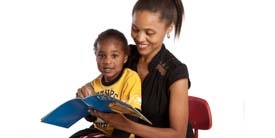

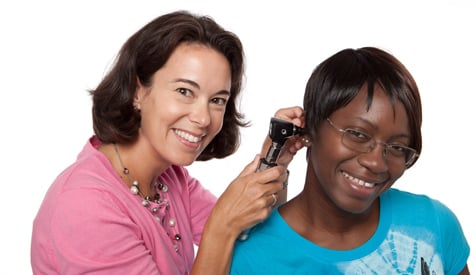
-1.jpg)

